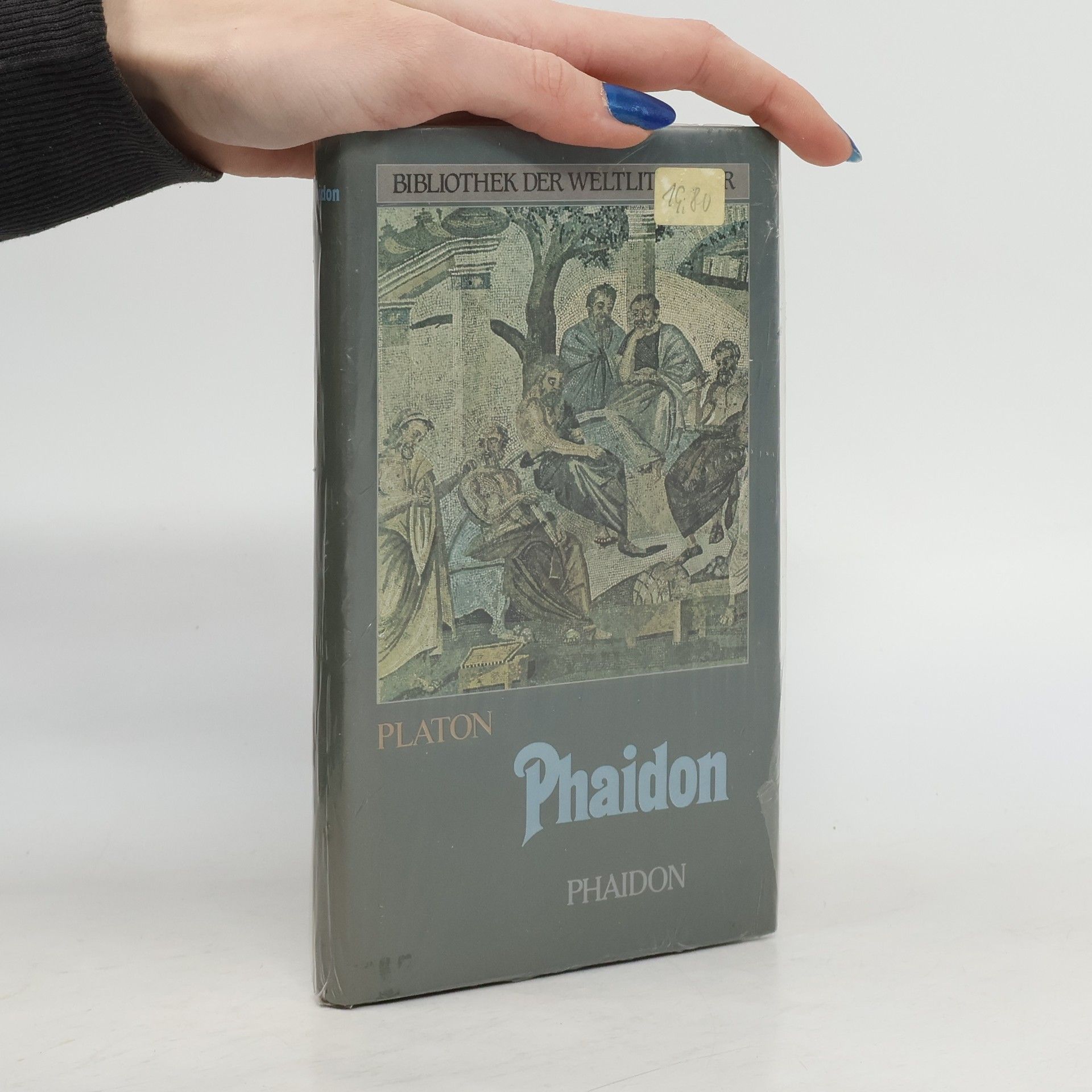Inventing the Philosopher An Essay on the Dialogues of Plato
- 362 Seiten
- 13 Lesestunden
Exploring the essence of philosophy, the text delves into Plato's perspective that true philosophia is elusive and indefinable. It emphasizes that philosophy's significance lies in its necessity for its own sake, rather than in achieving certainty or a fixed identity. This thought-provoking examination challenges conventional understandings and invites readers to reflect on the fundamental nature of philosophical inquiry.

